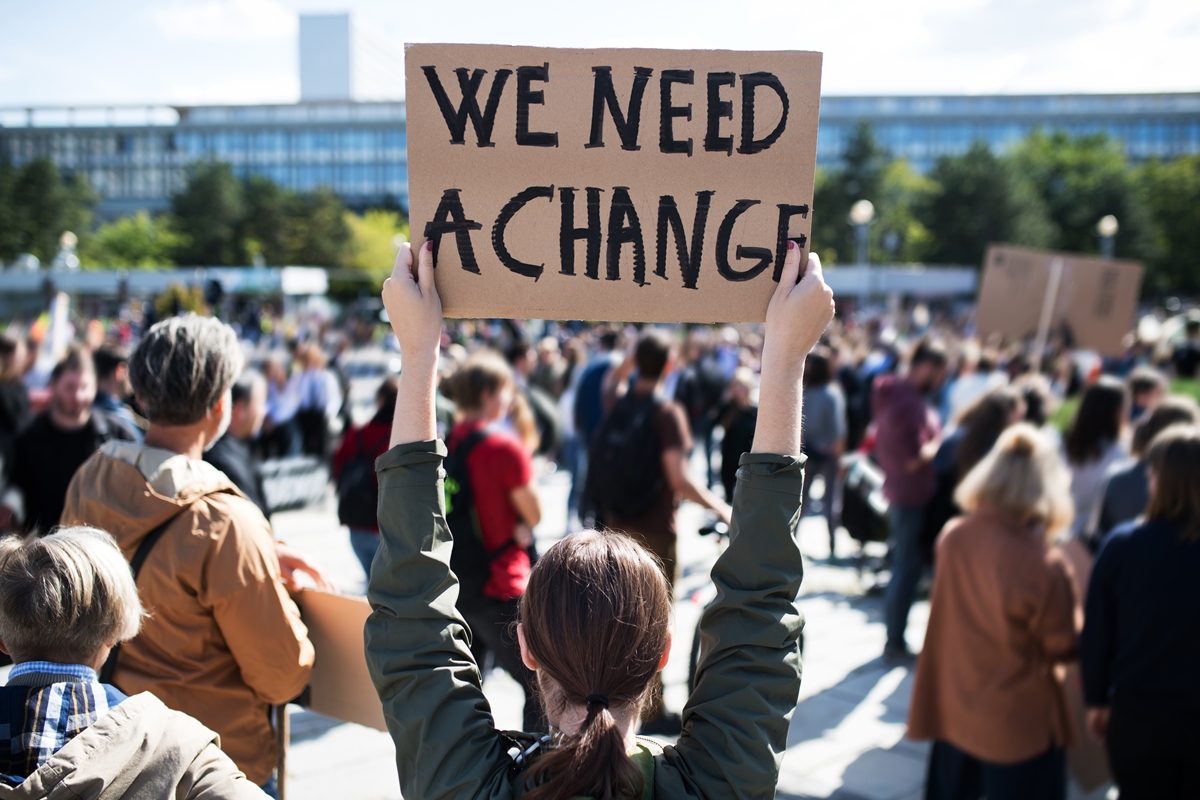


Is it time to think about changing your bank account to a bank that is trying to do more about climate change? Do you want to find a bank that is not investing in fossil fuels? Climate change, apart from damaging the environment impacts on our health and on social justice. Available data suggests that 1.7 million pre-school children die each year due to avoidable environmental impacts while many more experience climate-related diseases and anxiety about climate change is impacting on their mental health. We think that the climate emergency is interconnected with issues of social justice because poorer people don’t have the resources to be able to adapt.
 The science is clear. If we want to keep the global temperature to a 1.5 or 2oC rise (and even that’s more than is good), we really can’t afford to invest in new fossil fuels development. However, banks have invested £4.4 trillion into this since the Paris Agreement was signed in 2015 and current investment plans are likely to exceed the UK’s remaining carbon budget 7-14 times over.
The science is clear. If we want to keep the global temperature to a 1.5 or 2oC rise (and even that’s more than is good), we really can’t afford to invest in new fossil fuels development. However, banks have invested £4.4 trillion into this since the Paris Agreement was signed in 2015 and current investment plans are likely to exceed the UK’s remaining carbon budget 7-14 times over.
Banks like Barclays, HSBC, Santander and Lloyds continue to invest in fossil fuel projects which made the ACP-UK change inevitable. While no bank is perfect, the Cooperative Bank does not make this kind of investment and also scores higher on ethical issues (e.g. human rights).
Switching to an ethical bank is one of the most significant preventative health actions anybody can take. Mass divestment from banks has a proven track record for getting banks to rapidly change their policies, as was the case with similar boycotts that resulted in Barclays Bank ceasing its support for apartheid in South Africa towards the end of last century.
If you want to find out more about how to change your bank, BankGreen and SwitchItGreen provide useful tools to support you with this.
Gareth Morgan
(Barrow Greener Living)